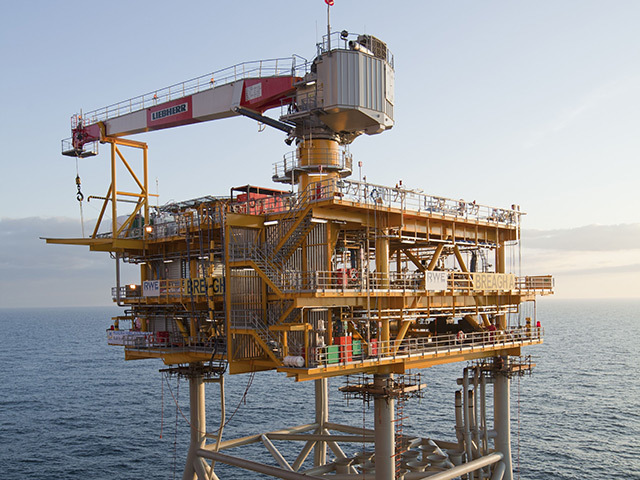
North Sea oil companies will commit to developing between 12 and 16 new fields in 2018, more than in the last three years put together, a new report said.
The fresh investment will unlock around £5billion and yield more than 450million barrels of oil and gas in the long run, Oil and Gas UK (OGUK) said in its 2018 Business Outlook.
Just nine new field developments were given the go-ahead from 2015-17, according to OGUK, whose chief executive, Deirdre Michie, said the sector had become “leaner and more efficient” during the downturn.
But the report said not enough exploration drilling was taking place. It also warned that insolvencies and redundancies witnessed during the downturn had created a “real risk that core skills are being lost to other industries”.
In addition, more mergers and acquisitions are expected this year, but activity won’t reach the heights of 2017, when deals worth almost £6billion were announced.
The industry body acknowledged that most assets were being sold by oil majors. But the report said it would be wrong to conclude that those companies are “seeking to exit” the basin, as they have held onto core assets.
OGUK publishes its research this morning at an event at the Aberdeen Exhibition and Conference Centre.
Its forecast for final investment decisions (FID) on new fields corresponds with those of consultancies Wood Mackenzie and Rystad Energy, who also expect 2018 to be a bumper year.
Some FIDs have already been announced. In January, Shell revealed plans to redevelop the Penguins area, north-east of Shetland. The project will involve the construction of the Anglo-Dutch giant’s first new manned installation in the northern North Sea in almost 30 years.
Other landmark projects which could get the nod this year include Premier Oil’s Tolmount field and Ineos’ phase two development of Breagh.
Oil and gas production is expected to rise 5% this year to 620-640million, though OGUK still feels more exploration is needed if the sector is to properly exploit the North Sea’s remaining resources.
Output will only grow over the next two years before a lack of investment in recent years makes itself felt. Production could lurch into decline.
Fourteen exploration wells were drilled last year, which is roughly in line with the average over the last five years, but down by about half compared to levels recorded between 2001 and 2010.
OGUK predicts the exploration well count will drop to 10-12 this year.
Ms Michie said: “We need more exploration if we are to get close to recovering the three to up to nine billion barrels of yet-to-find hydrocarbons on the UKCS, matched by a continuing focus on improving recovery from existing fields. The investment decisions we make today are key to how much we produce in the years to come.”
Recommended for you

